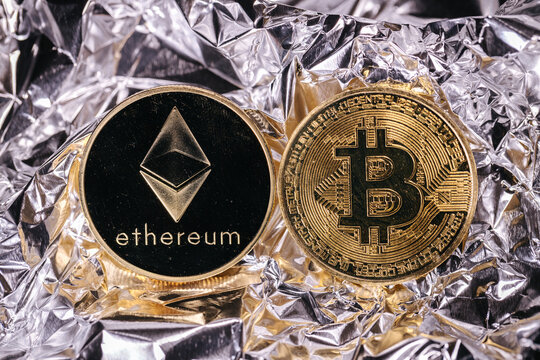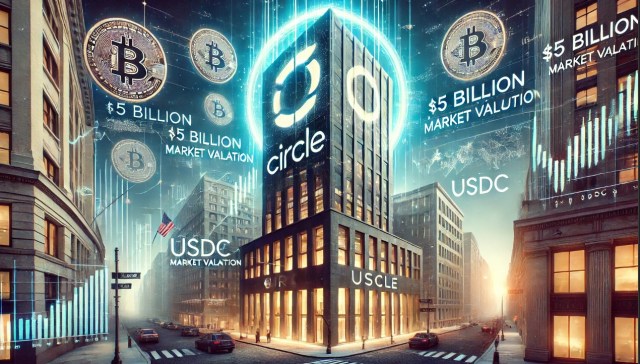Digital assets, like Bitcoin, have ushered in a new era for the cryptocurrency industry by radically changing the financial and technological landscape. Recently, the world’s largest bank by total assets, the Industrial and Commercial Bank of China (ICBC), has applauded the remarkable growth and evolution of digital currencies, emphasizing their transformative potential in the financial landscape. Particularly, the bank focused on Bitcoin, likening its limited quantity and intrinsic rarity to that of gold.
Bitcoin’s Scarcity Comparable to Gold
ICBC bank lauded digital currencies for their significance in a constantly changing financial environment in its Macro Economy In-depth Analysis. VanEck head of digital asset research Matthew Sigel shared the report on the X (formerly Twitter) platform, calling it a love letter to Bitcoin and Ethereum.
The analysis highlights the exponential increase of digital currency types and uses as a result of human beings’ capacity for imaginative belief. According to the report, the ongoing evolution of digital currencies is driven by market demand, as evidenced by the inception of Bitcoin, the creation of Ethereum, and the ongoing investigation of official digital currencies by different central banks.
Furthermore, the bank made a comparison between Bitcoin and gold, claiming that the crypto asset retains a scarcity similar to gold. Given BTC’s mathematical consensus, which addresses its issues of being hard to split, hard to detect authenticity, and cumbersome to carry, this comparison was made. “Its monetary attributes are gradually weakening, while its asset attributes are constantly strengthing,” the report added.
ICBC’s analysis highlights Bitcoin’s limited supply of 21 million coins in keeping with the finite character of gold, which has historically supported its value. With only 21 million coins ever to be produced, BTC, sometimes known as digital gold, has long been praised for its scarcity. Specifically, the crypto asset’s rapid increase in value and popularity over time can be attributed to its scarcity.
This analogy emphasizes how BTC is quickly becoming the modern counterpart of gold as a digital store of value. Additionally, the fact that one of the most powerful financial institutions in the world has acknowledged Bitcoin’s scarcity lends the cryptocurrency more credibility and attraction to both institutional and individual investors.
Ethereum Is Digital Oil
The report also delved into Ethereum’s uniqueness and role in the digital currency landscape. It referred to Ethereum as “digital oil” because of its vital function in enabling decentralized apps and smart contracts in the blockchain network. According to ICBC, Ethereum introduces Turing completeness, in contrast to Bitcoin, with its unique virtual machine (EVM) and programming language (solidity).
Due to its Turing completeness, ETH can execute any programming instruction as long as the instructions are accurate and have enough resources. Thus, developers can have the ability to create and organize a wide range of intricate smart contracts and applications, hence offering robust platform support for blockchain technology.
ETH’s adaptability has attracted widespread recognition in the domains of Non-fungible tokens (NFT) and Decentralized Finance (DeFi), and it is progressively expanding to the physical infrastructure network (DePin).







